Author Archive
What it Means to Be
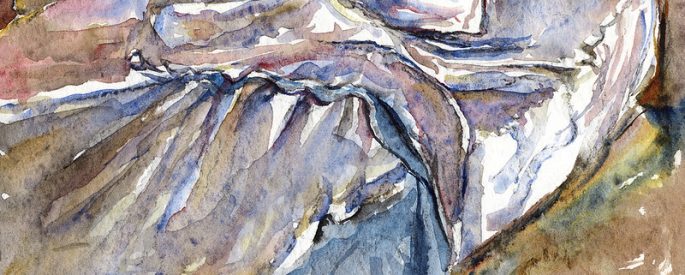
In her skin-piercing style, Sharon Olds demonstrates that legitimacy doesn’t always come from support and encouragement. Proof of existence, of value, can sometimes come from the darkest places.
The Allure of Power in Our Finest

A murky, hopeless, disenchanted life view is at the heart of Ariel Horowitz’s debut novel, which follows a veteran politician, his son who is new to public life, and his unambitious weed dealer grandson.
Stockholm’s Exploration of Mortality
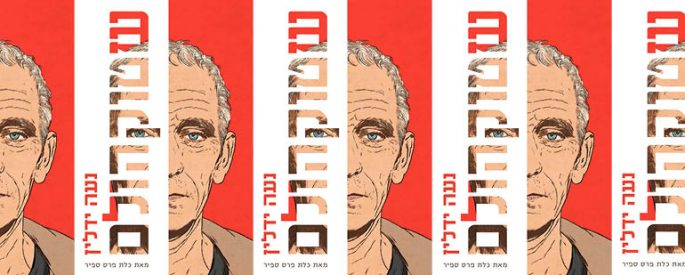
No matter how we try to hide mortality—or hide from it—the temporary nature of all that we have finds ways of invading our consciousness, like a corpse that grows putrid as the days go by, forcing us to acknowledge and deal with its presence.
Liv Ullmann’s Changing and Childhood Memories
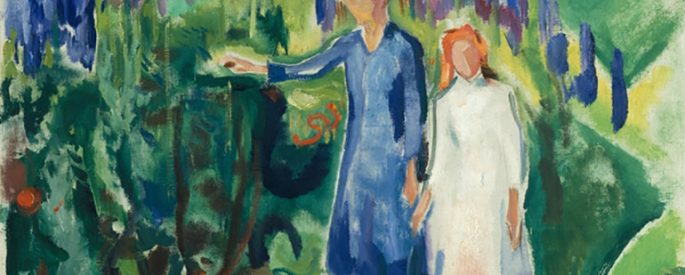
Watching her daughter struggle through the emotions, excitements, and inequities of childhood seems to bring to mind Liv Ullmann’s own painful childhood, punctuated by her father’s untimely death and his family’s disownment of herself and her mother.
Gnomes’ Depiction of Tragedy

Sarah Shilo’s 2005 novel explores the repercussions of trauma without support, tragedy without aid.
The Transformative Power of Grief in Crying in H Mart and The Sweet Hereafter
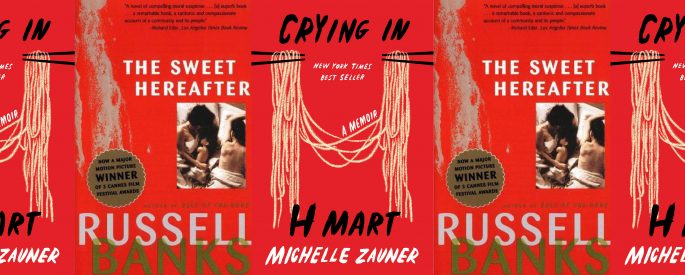
In Michelle Zauner’s 2021 memoir and Russell Banks’s 1991 novel, unfathomable loss catapults people into unknown realms of pain and lonesomeness—but with time, trauma also leads them back to selves they had always contained but almost forgotten.
Let It Be Morning’s Portrayal of Impending Catastrophe
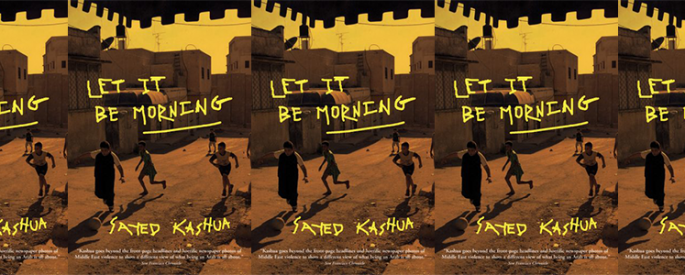
In Sayed Kashua’s 2004 novel, when injustice drips in bit by bit, it is easy to adapt—though with every such adaptation, reality shifts until finally it is irrevocably transformed.
Impending Trouble in “Aloha Cars” and “A Distant Episode”
![]()
In Shifra Cornfeld’s “Aloha Cars” and Paul Bowles’s “A Distant Episode,” colonial fascination with a place and a culture leads each story’s protagonist to objectify and underestimate a place’s people, ultimately driving the protagonist to a downfall of their own making.
Doing Nothing and Eat, Pray, Love
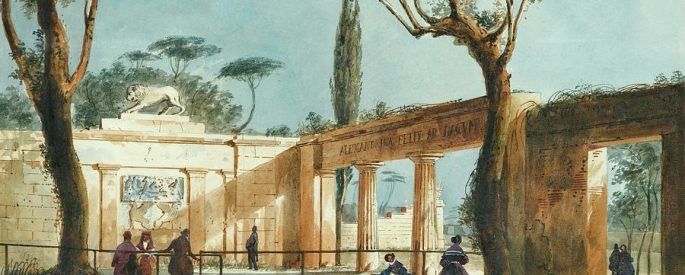
Elizabeth Gilbert’s 2006 memoir explores a restlessness she spends her sojourn contending with. It is a restlessness brought on by a rift that has formed between her mind and her body, a restlessness shared by all of us who were raised on the lap of the Protestant work ethic.
Food and Trauma in Nigel Slater’s Toast
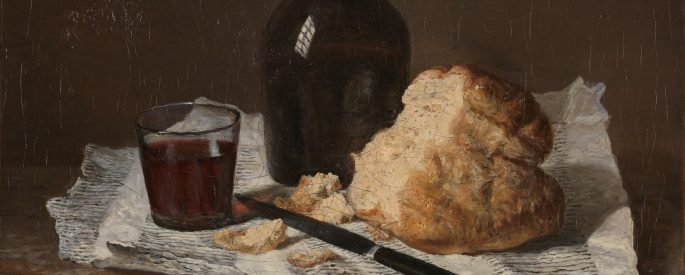
Nigel Slater demonstrates an original and expert use of food in his 2011 memoir, as a sort of spyglass through which to investigate his own life, and as a thread with which to weave a tapestry full of deep unexplored emotions and intense memories.